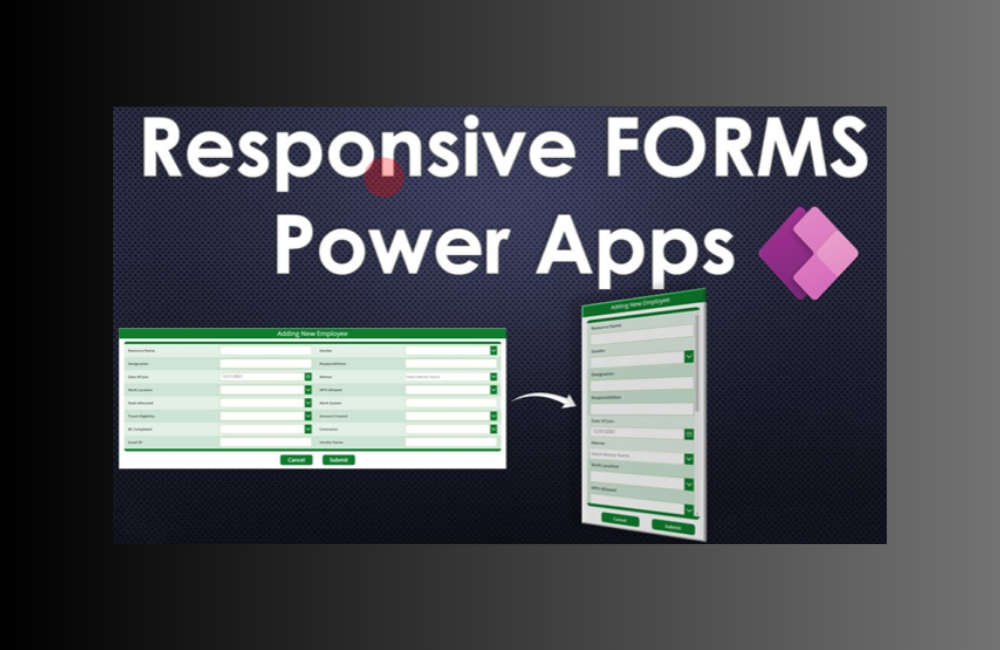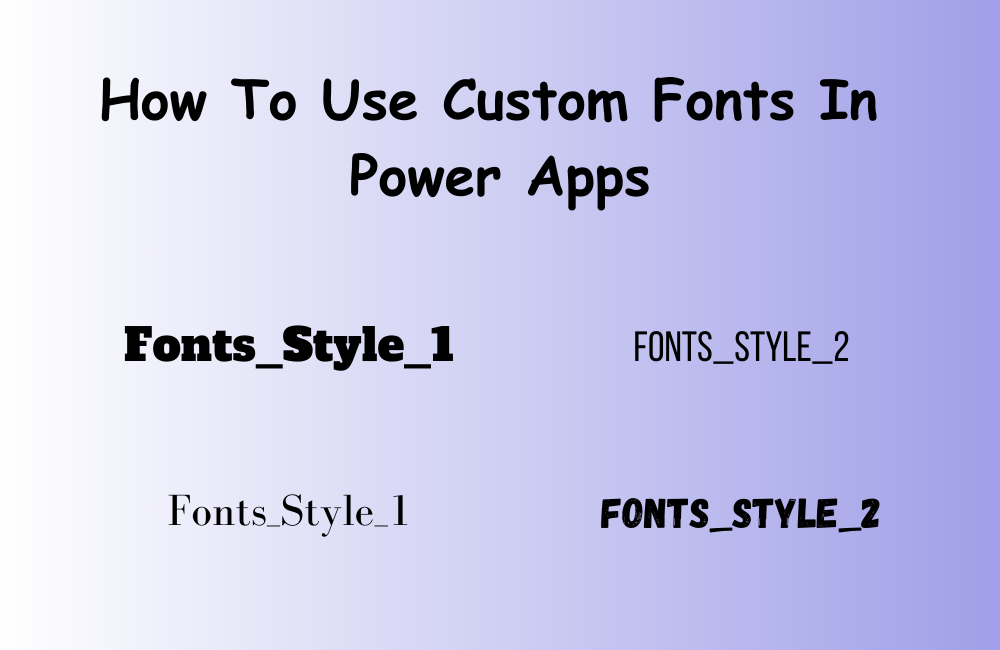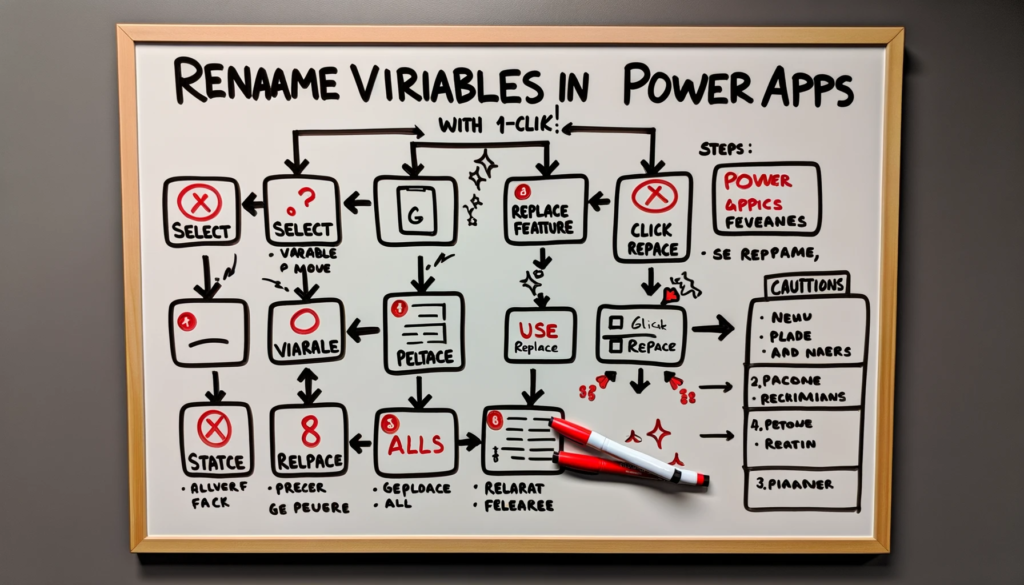Introduction
SharePoint List IDs play an integral role in Power Apps, but their peculiar behavior has led many to seek workarounds. The primary concern is how Power Apps views SharePoint ID columns. Although these columns are identified as numeric, they unfortunately don’t support delegable filter operations with the greater than/less than operators. Given the significance of the “SharePoint list id“, the question arises: Can we override this limitation programmatically? Let’s delve into it.
Revisiting Previous Solutions
In an earlier exploration, we studied the alteration of the SharePoint column’s data type by tweaking the table definition in the code. This change helped overcome an issue where Power Apps didn’t identify numeric calculated columns correctly.
Understanding the Core Issue
On the surface, Power Apps does identify SharePoint ID columns as numbers. Yet, unlike standard numeric columns, constructing a Filter condition that uses the ID column in a delegable manner with specific operators is not possible. This restriction becomes a bottleneck, especially when using the ID column as a natural sequential identifier for list records.
While platforms like Dataverse and SQL Server offer ample support for delegable operators, SharePoint lags. A common strategy to circumvent this involves loading SharePoint records into collections in batches of 2,000, contingent on a numeric identifier. Ideally, the SharePoint ID column would fit the bill, but its existing limitations hinder its use for delegation workarounds.
Delegation Enhancement Efforts
Our experiment commenced with a Power Apps connection to a SharePoint list containing property records. By examining the table definition, we zeroed in on the root cause: the ID column, though defined as an integer, restricted its delegable function to just “equals”.
Our next move was to augment this definition by introducing more delegable functions such as “greater than”, “less than”, and their variations. This attempt was made using the following syntax:
{
"ID": {
"title": "ID",
"description": "List item id. Useful for actions on list-related items.",
"type": "integer",
"format": "int64",
"x-ms-keyType": "primary",
"x-ms-keyOrder": 1,
"x-ms-permission": "read-only",
"x-ms-sort": "asc,desc",
"x-ms-capabilities": {"filterFunctions":["eq","gt","ge","lt","le","ne"]}
}
}
After applying the revised definition and repackaging our project, we eagerly tested our app in Power Apps Studio. However, the outcome was not as anticipated: the ID column still lacked delegable support for the intended operators.
Further investigations included altering the ID column’s data type to other numeric formats. But Power Apps consistently refrained from issuing delegable queries, as confirmed by tweaking the “row count” setting.
Conclusion
Our extensive experiments concluded that the SharePoint List ID column could not be easily manipulated to support additional delegable operations. Power Apps seems to possess built-in mechanisms to prevent such alterations. As the quest for optimal solutions continues, developers should be aware of such inherent constraints.
If this exploration left you with questions or if you seek technical assistance with similar challenges, feel free to contact us. Our expertise ensures you receive the best guidance, and we’re always eager to assist in tailoring solutions to your unique needs.






